The "Declaration of Independence" of the Democratic Republic of Vietnam highlighted the aspiration for an independent nation, a democratic republic, with a government representing the entire people.
Overcoming colonial status
Announced to the whole country on September 2, 1945, the "Declaration of Independence" affirmed the will of the Vietnamese people: "to completely break off relations with France, to abolish all treaties that France had signed on Vietnam, to abolish all privileges of France on Vietnamese land".
Not only did the Declaration of Independence break with the feudal monarchy, it also marked the establishment of a “democratic republic” regime on Vietnamese territory. The provisional government reflected the expectation of a representative government, established by the people, respecting the will and aspirations of social forces, operating for the benefit of the Vietnamese people and nation.

The key duty of government is to serve the people.
169 years earlier, on July 4, 1776, the United States' "Declaration of Independence" also became a flag rallying political support, connecting the actions of the majority of American people to realize the aspiration to establish a new nation, an independent State, ending all political dependence on the British Empire.
An obvious similarity is the colonial status of Vietnam and the United States when they announced the “Declaration of Independence”. The corrupt nature of the ruling forces at that time became the most important driving force for the people of the two countries to voluntarily gather under the banner of independence.
If the American “Declaration of Independence” pointed out 27 unreasonable manifestations of rule that the British King, through the colonial government, carried out on colonial lands, then the Vietnamese “Declaration of Independence” also pointed out 9 manifestations of oppression and exploitation that the French colonialists imposed on Vietnamese territory for nearly a century, causing our country to be “desolate and desolate” economically , politically and socially.
The second notable similarity is that both "Declarations of Independence" aim to establish a new State, establish a democratic regime, and a system of government representing the people.
If the American people wanted to gain independence to establish a separate State, break away from the British Empire, and lay the foundation for the formation of a new nation-state, then the Vietnamese people voluntarily gathered together at the call of the Viet Minh Front, determined to act together to regain their inherent national independence, thereby moving towards establishing a modern State and democratic government, protecting the existence of a nation with a long history from the risk of extinction due to the selfishness and cowardice of feudal and foreign forces.
The third notable similarity between the two “Declarations of Independence” is the everlasting affirmation: the key duty of government is to serve the people.
Vietnam's "Declaration of Independence" goes one step further when it states: a government that acts for the people, accompanying the nation will certainly be supported and protected by "the entire Vietnamese people", with "all their spirit and strength, lives and property".
People's government
"All men are created equal. They are endowed by their Creator with certain unalienable rights; among these are life, liberty, and the pursuit of happiness" is considered the most famous and popular statement in the English language, and is also solemnly quoted, placed right in the first lines of the "Declaration of Independence" of Vietnam.
Obviously, in order to serve and protect the "inviolable" rights and interests of the people and the nation, it is impossible to maintain the feudal monarchy or the colonial government.
These are outdated forms of government because, in essence, they only exist to serve the interests of powerful minority groups, turning their backs on the interests of the majority of the people, both in the US and Vietnam, despite different circumstances.

The spirit of Independence Day of the past is still clearly affirmed in the documents of the 13th Party Congress.
The aspiration for a new, democratic and progressive political regime with a government that serves the interests of the people and the nation is also expressed through the strong arguments and assertions in Vietnam's "Declaration of Independence": "When Japan surrendered to the Allies, the people of our entire country rose up to seize power and establish the Democratic Republic of Vietnam... France fled, Japan surrendered, King Bao Dai abdicated. Our people overthrew the monarchy that had lasted for decades and established a democratic republic... The provisional government of the new Vietnam represents all the Vietnamese people."
Seventy-eight years ago, “Democracy”, “Republic”, “Freedom”, “Independence”, “Representative of the People” were new phrases, conveying progressive and inspiring political values, so they were easily accepted and supported by the Vietnamese people.
Thanks to that, the revolutionary movement quickly rose and won victory nationwide in a short time. The revolutionary atmosphere in those August days was filled with expectations of a new State, with a government that was truly “of the people, by the people and for the people”, also known as “people’s government”.
The spirit of the Independence Day of the past is still clearly affirmed in the documents of the 13th National Congress of the Communist Party of Vietnam: building a "clean, strong and comprehensive political system, a streamlined State, operating effectively and efficiently; closely attached to the people".
Lessons from the country's historical reality as well as the development process of other countries have shown that establishing the right aspirations that are in line with the people's wishes is a necessary condition and also the starting point for the nation's ability to succeed in the future.
We are living in a world that is becoming increasingly complex, unstable, and interdependent, so we need to be aware that only by being closely linked to the will and interests of the people and nation can a form of government and a State exist and develop sustainably.
Dr. Nguyen Van Dang
Vietnamnet.vn







![[Photo] Prime Minister Pham Minh Chinh chairs the second meeting of the Steering Committee on private economic development.](https://vphoto.vietnam.vn/thumb/1200x675/vietnam/resource/IMAGE/2025/11/01/1762006716873_dsc-9145-jpg.webp)


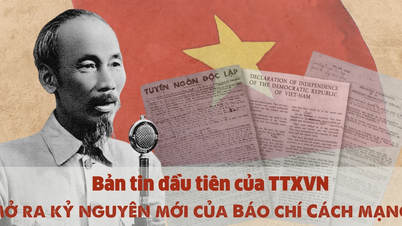


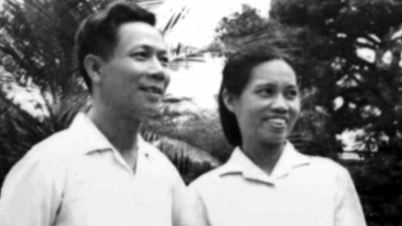

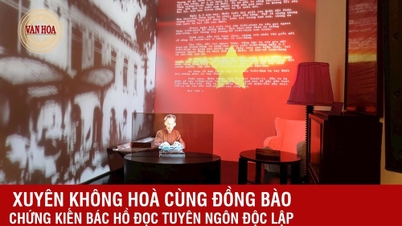

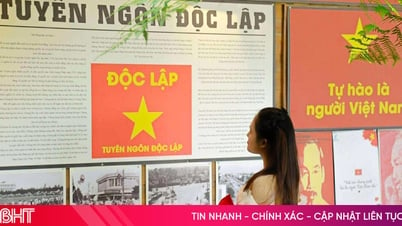




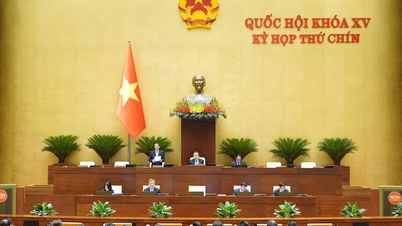
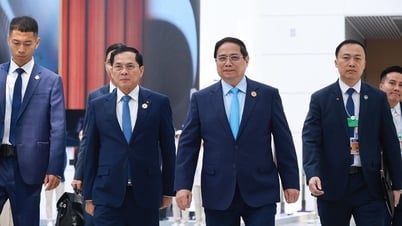

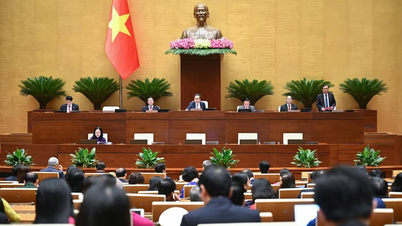
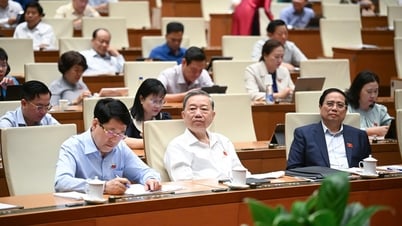





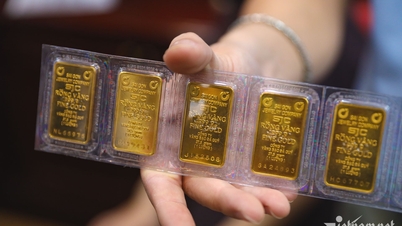

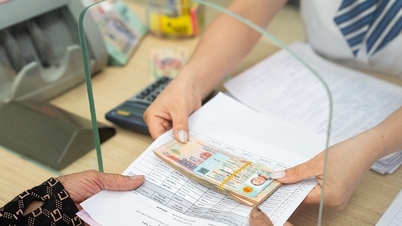






































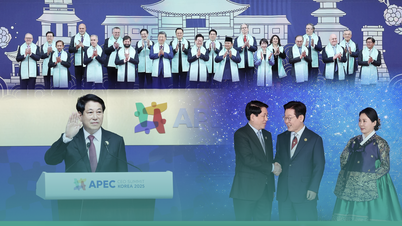
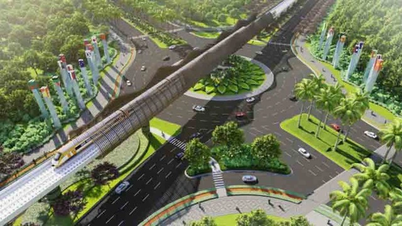



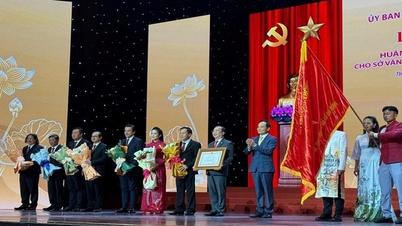
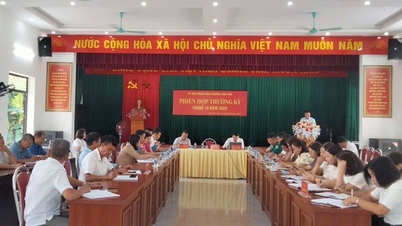




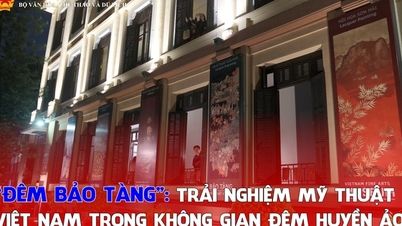
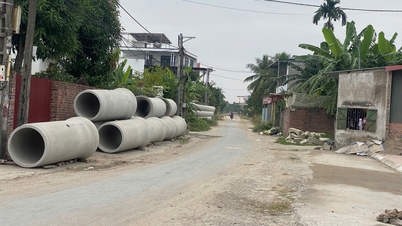

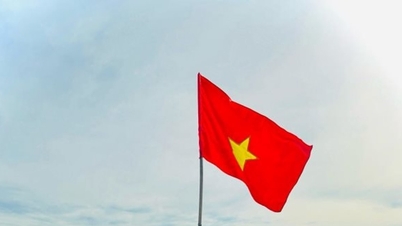

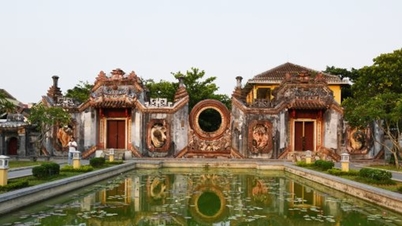



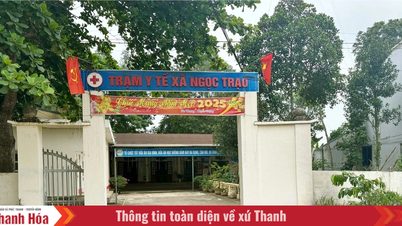

















Comment (0)